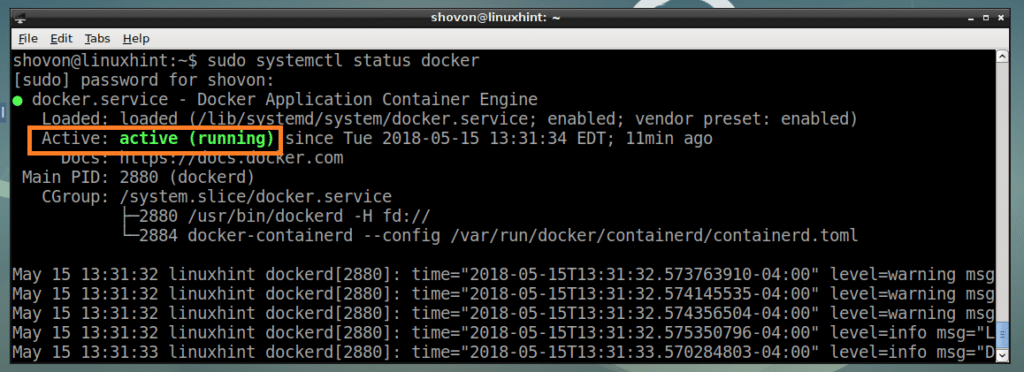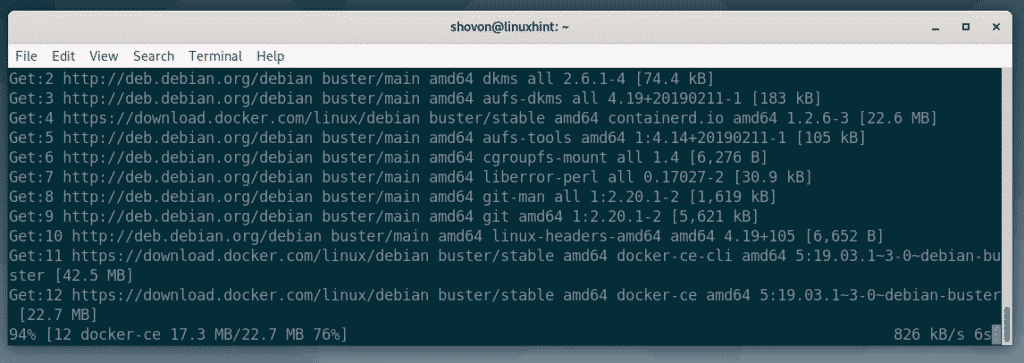

You should get the following output: Client: You can also check the information about Docker with the following command: sudo docker info └─17988 /usr/bin/dockerd -H fd:// -containerd=/run/containerd/containerd.sock Loaded: loaded (/lib/systemd/system/rvice enabled vendor preset: enabled)Īctive: active (running) since Wed 07:14:31 EDT 5min ago rvice - Docker Application Container Engine.Once the installation has been completed, check the status of Docker with the following command: sudo systemctl status docker
#Install docker debian install#
Next, add the Docker repository with the following command: sudo add-apt-repository "deb $(lsb_release -cs) stable"įinally, update the repository and install the latest version of Docker with the following command: sudo apt-get update Once all the required dependencies are installed, download and add the Docker’s GPG key with the following command: curl -fsSL | sudo apt-key add.

You can install all of them with the following command: sudo apt-get install apt-transport-https ca-certificates curl gnupg2 software-properties-common

Then, run the following command to make sure that all installed packages on the server are updated to their latest available versions: # apt update & apt upgradeīefore starting, you will need to install some dependencies to allow your system to access the Docker repositories over HTTPS. You should get this as the output: Distributor ID: Debianĭescription: Debian GNU/Linux 10 (buster) You can do that like this: # lsb_release -a Next, let’s make sure that we’re on Debian 10. Additionally, replace “ IP_Address” and “ Port_Number” with your server’s respective IP address and SSH port number. Replace “root” with a user that has sudo privileges if necessary. Log in to your Debian 10 VPS with SSH as the root user: ssh IP_Address -p Port_number Step 1: Log in via SSH and Update Packages
#Install docker debian full#

Step 2a: Install a Specific Version of Docker.Step 1: Log in via SSH and Update Packages.The main goal for the Docker is for developers to develop the applications easily, ship them into containers, and deploy it anywhere. Docker is free, so anyone can contribute to Docker and it being open-source allows anyone to extend it and meet their own needs. This will speed up your system performance and reduces the size of the application. Containers allow you to package up an application with all required libraries and other dependencies and ship it in one package.ĭocker shares the same Linux kernel and other resources as the system that they’re running on, and only require the application along with its dependencies to be packaged. Docker containers are lightweight and very similar to Virtual Machine, using the host OS. Docker is specially designed to make it easier to create, deploy and run applications by using containers.
#Install docker debian how to#
In this tutorial, we will learn how to install and use Docker on a Debian 10 VPS.ĭocker is a free and open-source tool that uses OS-level virtualization to deliver software in packages called containers.


 0 kommentar(er)
0 kommentar(er)
